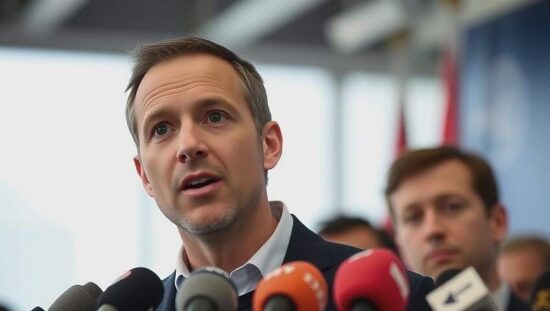Concerns are mounting regarding the feasibility of proposed migration quotas for schoolchildren in Germany, voiced by Stefan Düll, president of the German Teachers’ Association. In an interview with the “Rheinische Post” Düll questioned the clarity of defining which children should be included within such quotas, highlighting the diversity within the population of children with migrant backgrounds. He emphasized that some children possess fluent German language skills while others have limited proficiency in the language, complicating the creation of a precise measurement.
Düll further pointed to trends observed in cities like Augsburg, where demand for schools with a lower proportion of students whose native language isn’t German – particularly Catholic and Protestant schools – is increasing. He suggested that controlling this dynamic through governmental regulation represents a significant challenge.
Addressing broader issues surrounding the integration of refugees, Düll underscored a tendency for Germany to react rather than proactively plan. He advocated for immediate consideration of the impact on schools when refugee numbers increase, emphasizing the need to allocate sufficient teaching staff. Ideally, he proposes a staffing level of 130 percent for schools to enable comprehensive support programs and to account for unforeseen circumstances.





